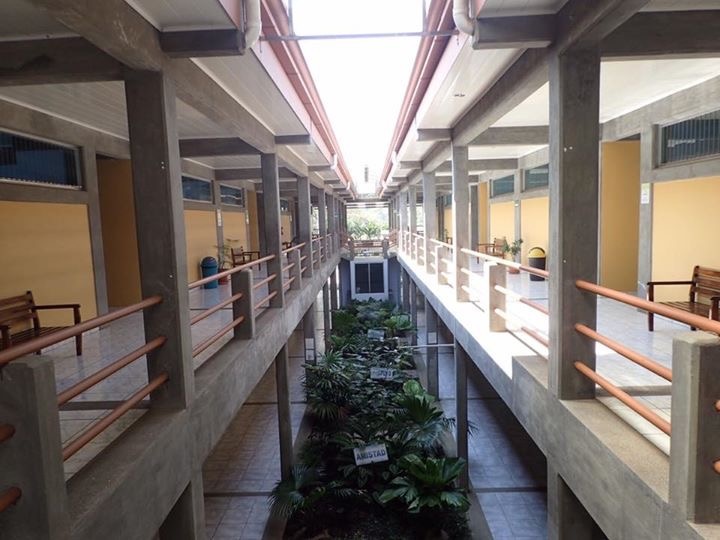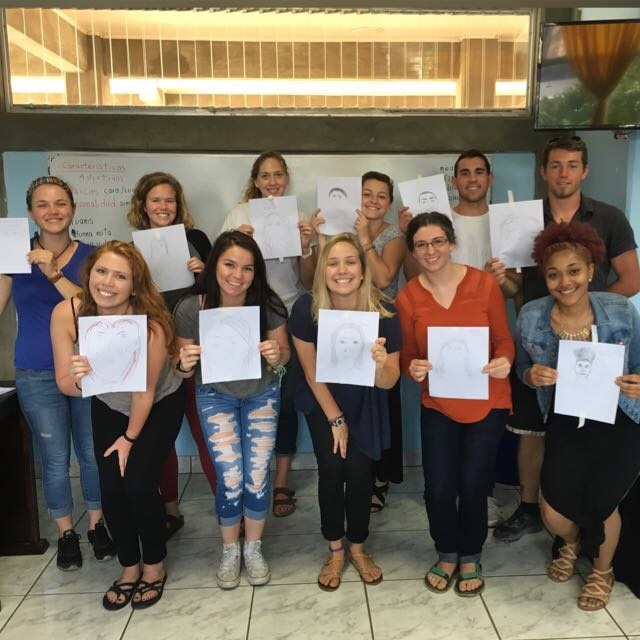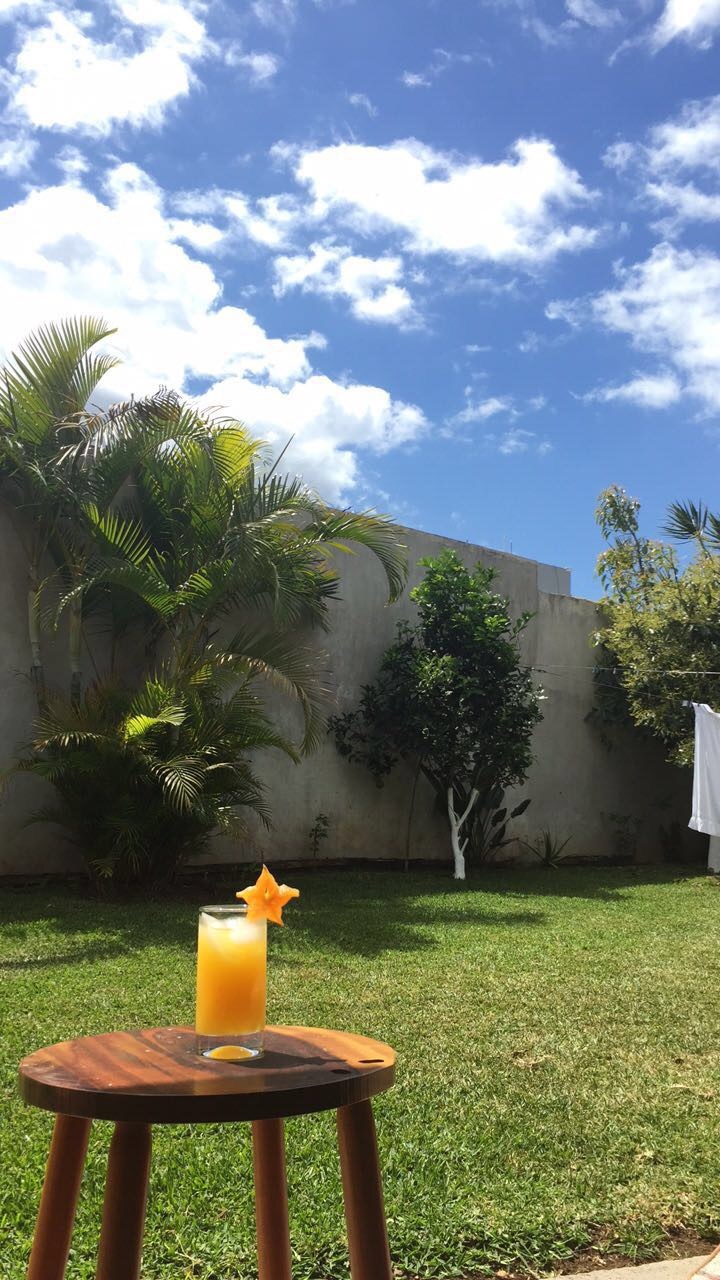
My university in Costa Rica. It is open air and has both abroad students and Costa Rican (Tico) students.
I’ve officially been in San Ramón, Costa Rica for one month. It seems fitting to write about what “culture shock” really is. I heard this term countless times before I left for studying abroad. Many spoke of culture shock in a cautionary tone—as something that will prove to be difficult during this experience. The tale goes that there are multiple stages to such a big transition; creating this obscure collection of feelings that “you are bound to battle with.” So, I think it would be helpful to walk through each stage. I know I am only chipping away at the surface of my time abroad, but many things can and have happened in one month.
Stage 1: The Honeymoon phase
It is very possible that during your time abroad that your initial infatuation of the culture, food, and language will not carry through the entire semester. The food in Costa Rica is absolutely amazing. Costa Rica, for the most part, doesn’t import any produce whatsoever. Talk about the best tasting fruit ever. I don’t even know what some of them are or how to eat them but, as Costa Rican’s would say, “que rica” (how delicious!). I probably say that at least five times a day, which is in close quarters to my number one most spoken word “si” (yes). I’m positive during the first week or two I was here that when people ask me a question in Spanish like, “how was school?” I’ve just replied with “yes” and will keep repeating it until they give me the pity look and then that’s my queue to stop. Again, in the honeymoon phase, learning the language is exciting. I was content for a long time with the size of my initial language barrier. We are talking the Great Wall of China size barrier with little visibility of the other side. It’s fitting right now to give the biggest of shout outs to Google Translate.

This is my first-level Spanish class in a rare moment where we don't look confused. I spend the most time with them: 3 hours a day!
Stage 2: The Frustration Stage
Hopefully later rather than sooner, every student will experience some type of frustration stage. This is where your preparation for culture shock will pay off. I can feel the frustration of not understanding anything anyone says for up to 12 hours becoming more and more intense. However, if ANYONE at home challenges me to a game of charades, it’s best to know that I will win every time. During my honeymoon phase I recognized that at some point I’m going to need to get into a routine to help myself mentally. I joined a cheap gym near my house and attempt to go at least 4 days a week. This is one of the only things in Costa Rica that is similar to my life in Iowa. If my stress ever rises I will have one thing that helps me mentally and physically. It’s preferable that you identify what really is making you stressed and write them down. For me, right now, my list consists of upcoming exams, getting lost in the city, and thinking you are ordering a taco but getting cow stomach soup. Personally, it helps me to write in a journal every once and awhile to get all of my thoughts in order. In short, realize what it is that’s frustrating and have mechanisms for relaxing and coping for a rainy day.
Stage 3: The Adjustment Phase and Acceptance Phase
Currently, I’m in these phases. My Spanish has gotten substantially better, although I still sound like I’m a child. I mean, at least I can function independently for the most part. I’m able to order the correct food at a restaurant (90% of the time) and ask for directions. So what more do I need? In all seriousness, the ability to climb over the language barrier, even just a little is a great accomplishment for anyone abroad.

This is fresh star fruit juice in my Costa Rican backyard. I will sit here with my host mom and talk for hours.
I look forward to class everyday. I am in an elementary Spanish class of 15 students that spends 12 hours together every week. We struggle immensely with the language together, which is comforting in a slightly sadistic type of way. I walk one mile to school every morning and enjoy the city views. San Ramón has many stray dogs wandering the streets and many days I have a dog pack that follows me. I also feel so comfortable around my host family and can talk to my host mother for hours on end. For example, the culture in Costa Rica is to have a coffee break around 4 p.m. every day. Today, I got together with my mom and had a coffee and we ate some star fruit. We talked about school, life in the United States, and the differences between our countries. These types of experiences will be something I won’t ever forget and I will miss when it’s time for me to head home. Studying abroad to Costa Rica was one of my best decisions I have ever made; I can already tell. As the locals say, pura vida!
*Quinn Terrill is a junior studying health and human physiology at the University of Iowa. The Iowa City, IA. native will be spending her semester abroad on the USAC San Ramón program in Costa Rica.
Student blog entries posted to this International Accents page may not reflect the opinions and recommendations of UI Study Abroad and International Programs. The blog is intended to give students a forum for free expression of thoughts and experiences abroad in a respectful space.